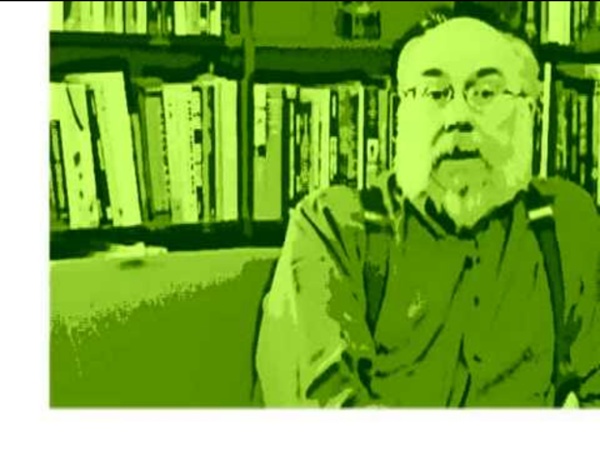



A Dictionary For 21st Century Teachers: Learning Models Learning Models, Theories, and Technology: A Dictionary For 21st Century Teachers by Terry Heick and TeachThought Staff Purpose: Improving our chance for a common language in discussing existing and emerging learning trends, model, and technology in hopes of innovation in classrooms, and collectively, education at large. Audience: K-12 & higher ed educators, researchers, institutions, and organizations globally. Form: An index of learning models, theories, forms, terminology, technology, and research to help you keep up with the latest trends in 21st century learning. Revisions: Persistently updated. Ed note: As stated, this is an ambitious work in progress that we’re choosing to share as we proof, revise, iterate, and generally improve for wider dissemination. Ed note 2: If you’d like to help update and improve this page, and have the background, curiosity, and/or expertise to contribute, email me. A Dictionary For 21st Century Teachers: Learning Models & Technology Activity-Based Learning
21st Century Skills (P21 and others) Summary: Skills necessary for students to master in order for them to experience school and life success in an increasingly digital and connected age; includes digital literacy, traditional literacy, content knowledge, media literacy, and learning/innovation skills. Originators & Proponents: Groups – United States Department of Education, Partnership for 21st Century Skills, MacArthur Foundation; Individuals – Henry Jenkins, Mimi Ito, John Seely Brown Keywords: collaboration, digital literacy, innovation, technology, work-life skills, readiness, interdisciplinary learning, problem-solving, ICT (information and communication technologies) 21st Century Skills (Partnership for 21st Century Skills and other groups and individuals) Students are expected to master these skills and understand these themes while learning core subject content in meaningful, interdisciplinary way. For more information, see: